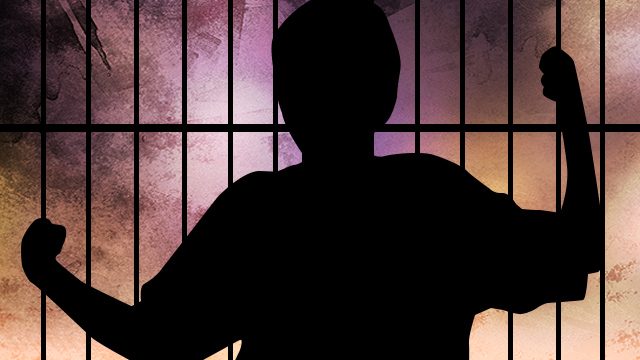SUMMARY
This is AI generated summarization, which may have errors. For context, always refer to the full article.

MANILA, Philippines – “Mas advanced na tayo ngayon in terms of discernment. Bakit kailangan nating i-akyat ‘yan (Now we’re more advanced in terms of discernment. Why do we have to make the age of criminal responsibility higher)?.”
Speaker Pantaleon Alvarez made the statement in defending the proposal to lower the minimum age of criminal responsibility from 15 years old to 9 years old.
But for developmental psychologist Dr Liane Peña Alampay, the issue goes beyond a “simplistic understanding of discernment.”
“Truth is, if you ask very young children if they know right and wrong, most of them would say yes,” Alampay said earlier this week as she joined advocacy groups in opposing House Bill Number 2 or the “Minimum Age of Criminal Responsibility Act.”
She added: “But the situation or question is more complex [than] that sort of ‘right versus wrong’ notion of discernment. [It’s] not just knowing, but having [the] capacity to act on that knowledge.”
Alampay, a member of the Psychological Association of the Philippines (PAP) and a professor at the Ateneo de Manila University, noted that a person’s brain is still developing through childhood and adolescence.
In fact, she said, the slowest developing part of the brain is the part that governs higher-order thinking capacities, the ability to plan, make long-term decision, control impulses, regulate behaviors, and “all those capacities that make a person mature, responsible, and accountable.”
As such, Alampay said children and teenagers do not yet have the cognitive capacity to make reasoned decisions, to control their emotional impulses, and to consider “with forethought” the consequences of their actions the same way most adults can.
She also highlighted the role of experiences in brain development, noting that adverse childhood experiences affect brain function.
Since the typical profile of a Filipino child in conflict with the law “is a child or youth who is poor and highly exposed to adverse childhood experiences and criminogenic environment,” Alampay said such experiences and environments not only prevent healthy brain development, but even further diminish cognitive capacities.
“The label of ‘criminal’ shapes their sense of self and makes it likely that they will imbibe a criminal identity,” she said in her presentation.
Instead of putting children behind bars and “[setting] them on a lifelong negative trajectory,” Alampay encouraged the public to provide them with positive and formative experiences to help them develop mature cognitive skills and positive behaviors.
In August 2016, the PAP came out with a position paper opposing HB 2 and urging, instead, the strengthening of the country’s juvenile justice system through strict implementation of existing laws that:
- prosecute adults who coerce children to engage in criminal behavior
- protect and rehabilitate children in conflict with the law through restorative means
HB 2 seeks to amend Republic Act Number 9344 or the Juvenile Justice and Welfare Act of 2006, which sets the minimum age of criminal responsibility at 15 years old. (READ: House leaders ‘doing a Kellyanne Conway’ on age of criminal liability)
Lawmakers recently floated the “compromise” of lowering the age to just 12 instead of 9.
But according to the United Nations’ (UN) General Comment 10 on children’s rights in juvenile justice, a minimum age of criminal responsibility below the age of 12 is not internationally acceptable. The age 14 or 16, meanwhile, is a “commendable high level.”
The Philippines ratified the UN Convention on the Rights of the Child in 1990. – Rappler.com
Add a comment
How does this make you feel?
There are no comments yet. Add your comment to start the conversation.